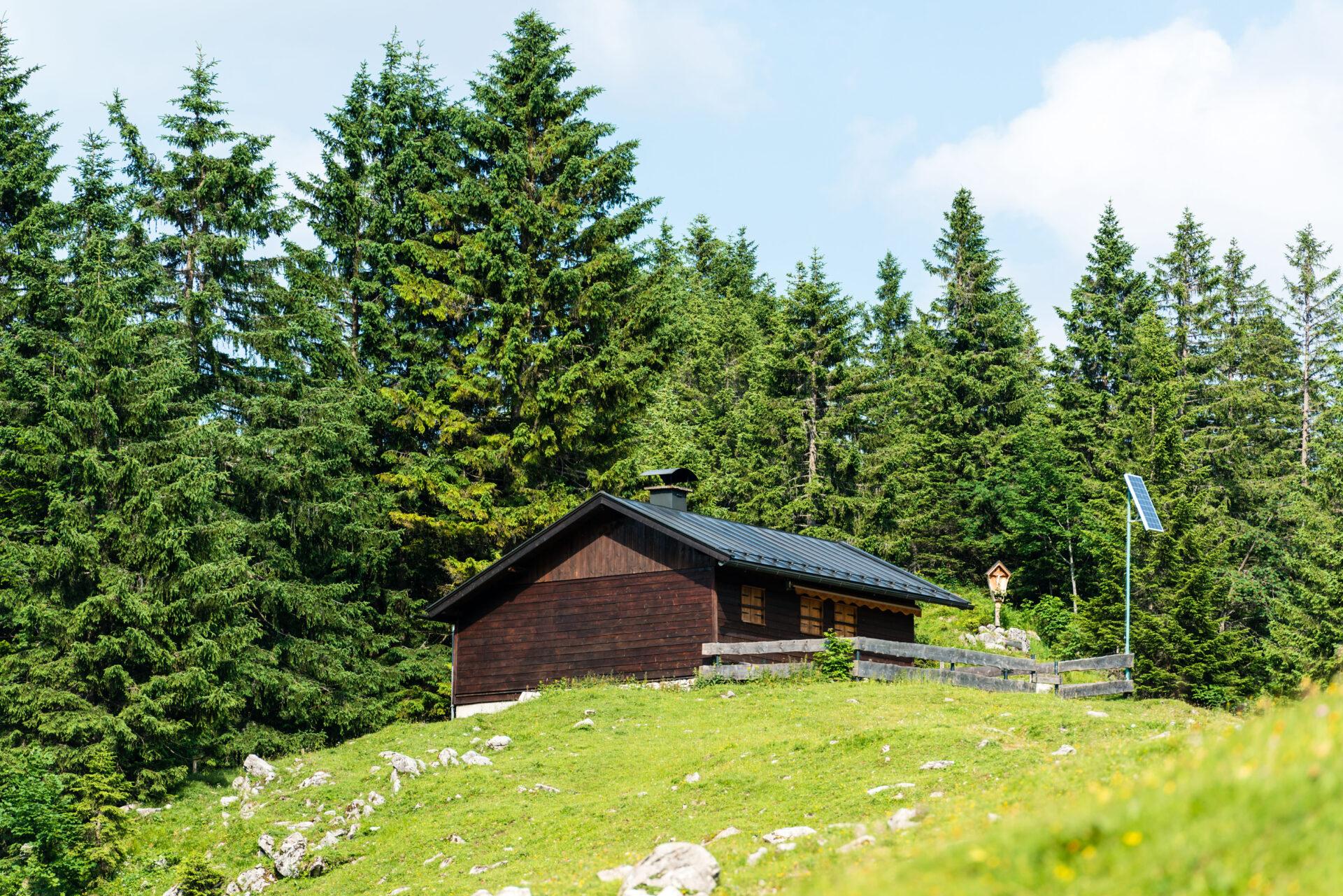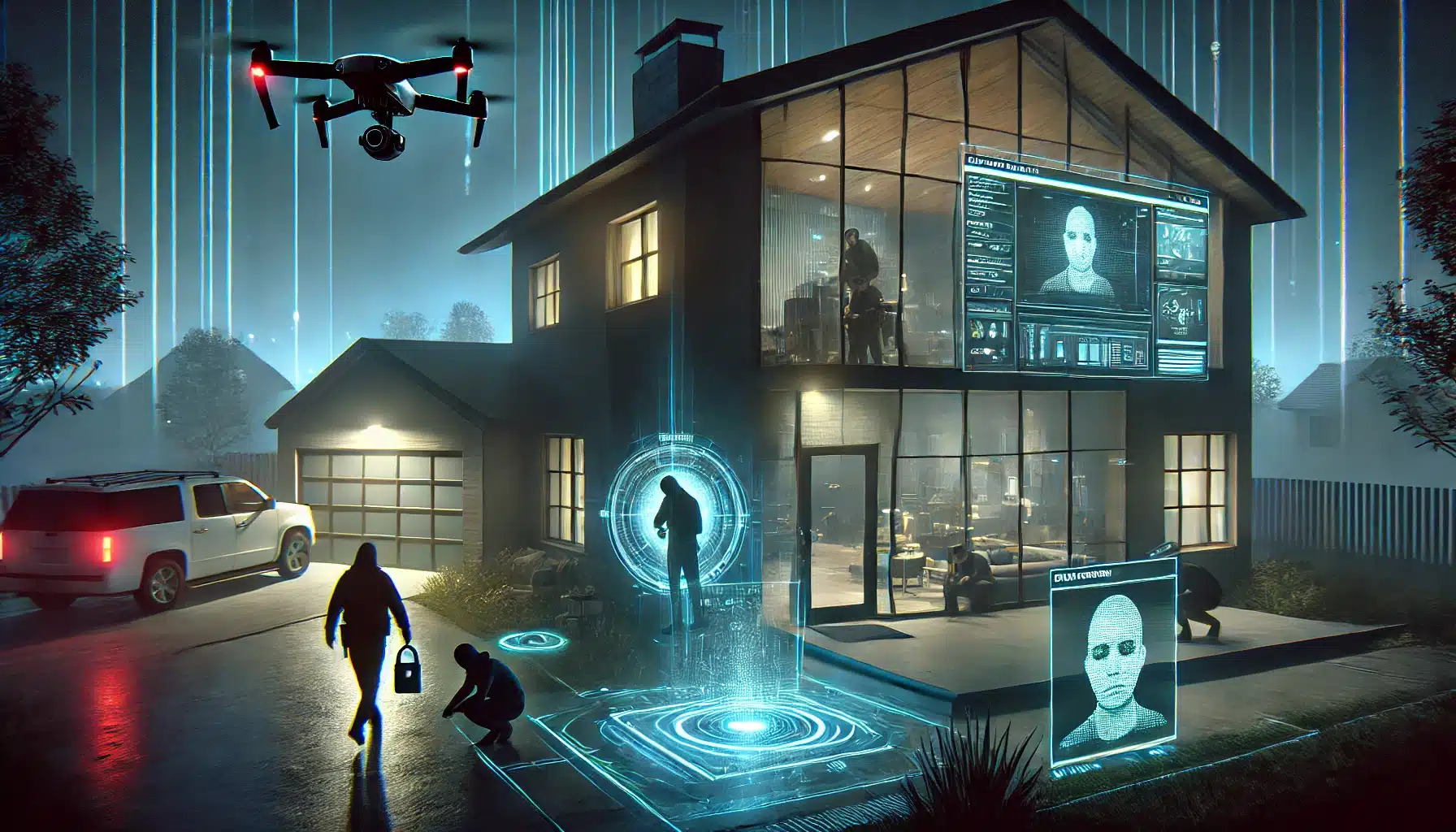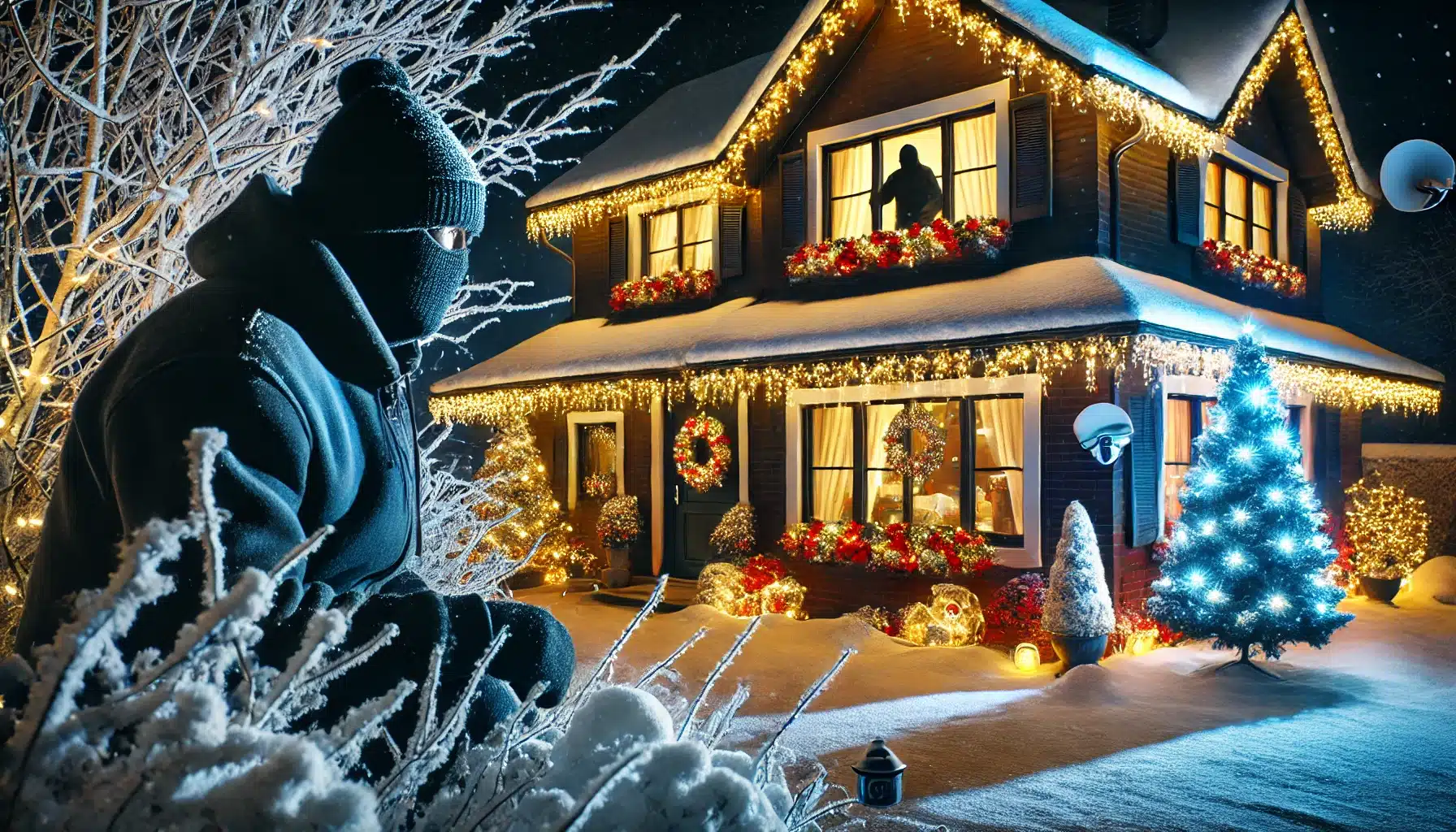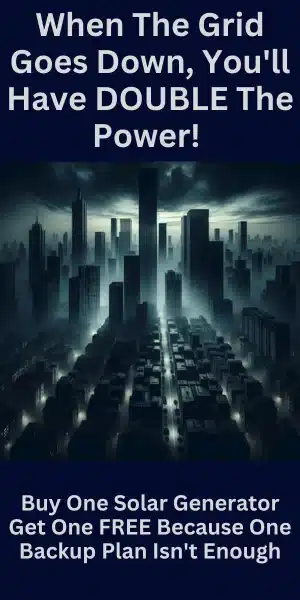Do you need an off-the-grid security system for your “just in case” place? Probably, but let’s consider.
Your off the grid get-away all set. Whether using wind, solar, or another form of energy, you have successfully removed yourself from the grid. This is a major accomplishment, and you should be proud. But how does one go about protecting this private “just in case” place? After all your work and effort, is your only option to turn to an establishment security system company and allow them to hook you right back into the grid you’ve spent so much effort to get away from?
You have a number of options, from the mundane and basic to the elaborate and exotic. We’ll discuss a few of those options here. To begin we will look at the most simple set-ups, and then move on to more complicated systems.
Should You Install A Regular Security System?
The simplest option is to install a regular security system, and incorporate the extra energy use into your plans for consumption. Energy-saving systems that monitor your location and adjust temperature settings can help offset this added use. If you choose this route, most companies will provide you with the energy requirements for their systems. They will also inform you if the systems are compatible with cellular phone use, or if they have to use a hard, or traditional, phone line. This is an important question to ask because if you are set on getting rid of all wired connections, you will need to know the specs.
Beyond that, you can always create your own security systems. This is a bit more intensive, both from a labor and knowledge perspective. We will delve into the different options for each part of your homestead, and into some of what is involved in creating different systems.
The Home Alone Security System For Off Grid Living
The most important area to protect is the home itself, so we will start there and work our way out. Now, assuming the idea of a tin can tied to a string across your door seems a little too much like “Home Alone 2,” there are other options. When evaluating the windows and doors, you can use battery-operated alarms. You can easily place them on doors, windows, and other entryways to make a simple alarm system. During the day, it takes a little energy from your wind or solar power system to recharge the batteries. However, it has the downside of being rather one dimensional. Additionally, it prevents a window from being open at night without removing the battery from that window’s alarm.
Laser Security System For Remote Cabins
Going one step further up the difficulty list, you can build your own laser security system. You’ll need a cheap, digital camera, a laser pointer, some wires, and an alarm clock. You can find the exact details of its construction online, but the premise is using the light sensor on the camera to send an electric signal to the alarm clock if the laser pointer stops shining on it. This system has many benefits, including simplicity, mobility, and ease of use. However, it has some fairly significant disadvantages. Because of its reliance on light, the system is less effective during the day. Also, it can be foiled at night if the room it is used in is well lit or if a flash light is shined on the camera receiver.
Pocket Sized Solar Generator Provides Emergency Backup Power
Finally, there is the option of buying equipment from a security company and wiring your house up as if you were with a major company, but without the massive bill or monthly payment. For someone with wiring skills and a decent working knowledge of how to construct these types of set ups, this can be a great way to go. The benefits include that the system is often the most complete, secure, and fully backed. As the system isn’t homemade, there are support networks to search for advice or help if the need arises. The downsides include the price ― this is the most expensive option ― as well as the amount of wiring required. You will also need highly technical skills to properly set up a complete home security system, along with running the proper connections all over your house from a central hub.
Home Security Weapons Of Choice
Moving outside the house, the easiest way to protect property from human outsiders is also the best. Building a simple fence of metal or wood, and signs warning against trespassing will keep most people away as long as civilization still exists. However, any breakdown in the civil order and the use of firearms to defend your property may be in order. There are several articles on Off the Grid News about the pros and cons of the different types of weaponry available under the Guns and Ammo section.
The largest worry for a self-sustaining homestead isn’t outside human influence, however. It’s the constant threat to gardens by wild animals. The fence mentioned above will keep most large animals out, be they deer, moose, or bear. Notwithstanding, to protect your crops from smaller animals such as rabbits, a simple electric fence can prove very effective. To ensure optimum performance, bury the fence into the ground to stop burrowing animals as well.
Dependable Emergency Backup Power From The Sun
When deciding if and how much electricity is needed, there are a few things to consider, including the type of animal and the length of the fence. The first is important to determine how “strong” a jolt you will need. A general rule is that 1mm of hide requires 2,000 volts to be felt. The second consideration determines the power source. Longer fences will require a stronger power source to maintain the voltage throughout the course.
How you power this fence is best determined by its location. If it’s in an open field, you can use solar modules for power. Likewise, a fence near a river could be hooked into a water turbine, using the constant flow for power. This article on solar fence chargers will give you an overview of the available models.
All in all, security can be constructed or even adapted from your natural surroundings.











